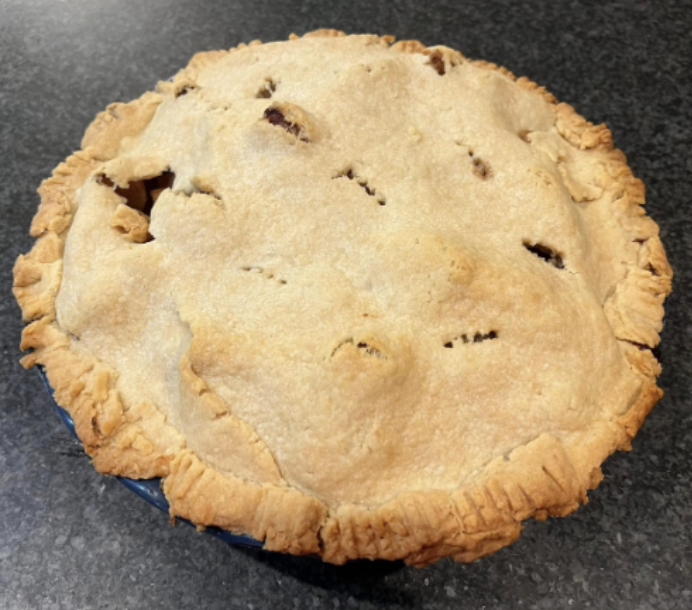The United States is on track for a typical season of influenza for the 24-25 year, leaving many sick and experiencing more cases than the previous year. However, in order to prevent more cases from rising, it is important for individuals to take the right precautions.
According to the CDC, seasonal influenza activity is rather moderate for the time being; however, for children and teenagers, it is rising rapidly, even leading to the first pediatric death for the 24-25 influenza season. In order to keep these numbers lower, the CDC advises that everyone six months and older gets their annual influenza vaccine.
Dr. Nipunie Rajapakse, a pediatric infectious diseases physician with the Mayo Clinic, says the Influenza vaccine is the most effective way to reduce the illness and limit the number of deaths and hospitalization visits.
However, the influenza vaccine for this season is even more effective than before. It is a trivalent vaccine, meaning it contains protection against not just one type of influenza, but three different types.
“‘There’s an H1N1, an H3N2 and an influenza B virus that this vaccine will protect against,” Dr. Rajapakse said. Compared to last year, the H3N2 component is different. So this protects against a different strain of that virus that we didn’t have in last year’s flu vaccine.’”
The ideal time for individuals to get the influenza vaccine is in September or October, in order to prevent the rising cases throughout the months of November, December and January ( the most common times of the year to contract the virus).
However, for some people, they are not as lucky with their vaccinations having an accurate outcome. Ava Bakaleinik ’25 got vaccinated earlier in the fall, though she was still a victim of influenza this winter.
“I knew I was sick but I thought it was just a cold,” Bakaleinik said. “I didn’t get tested [right away] because I thought I couldn’t have the flu since I got my vaccine.”
Influenza and colds have been looming around Staples for the last couple of weeks, and it’s important to understand other ways to help prevent these illnesses in order to keep cases down. Sofia Gomez ’26 believes that staying home when feeling sick is the best option to keeping others safe besides getting vaccinated.
“I feel like a way to bring flu cases down in staples is to stay home even if you have a test,” Gomez ’26 said. “This spreads people’s illnesses, and missing school is horrible, but we have school resources to help you catch back up when you’re feeling better.”















































